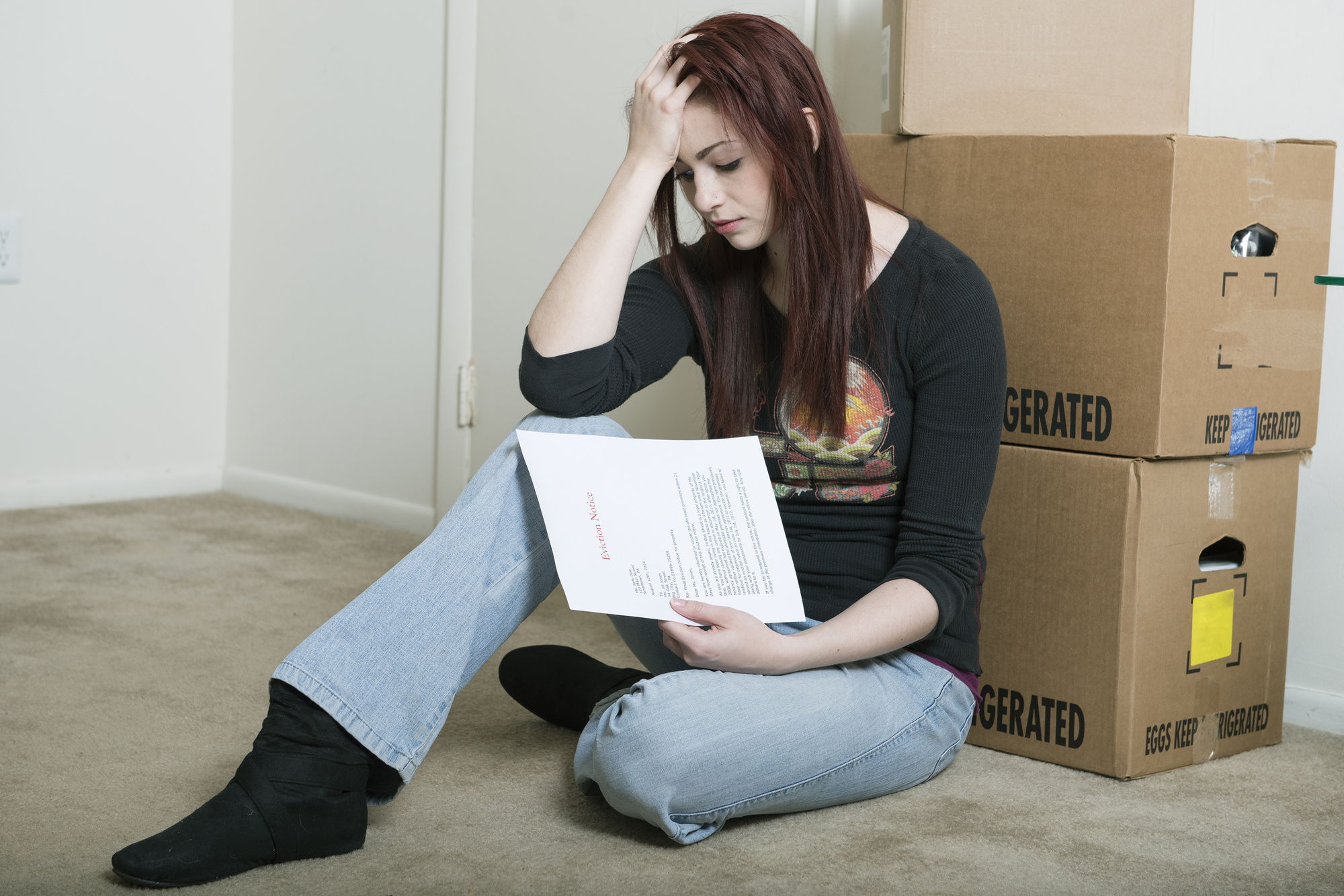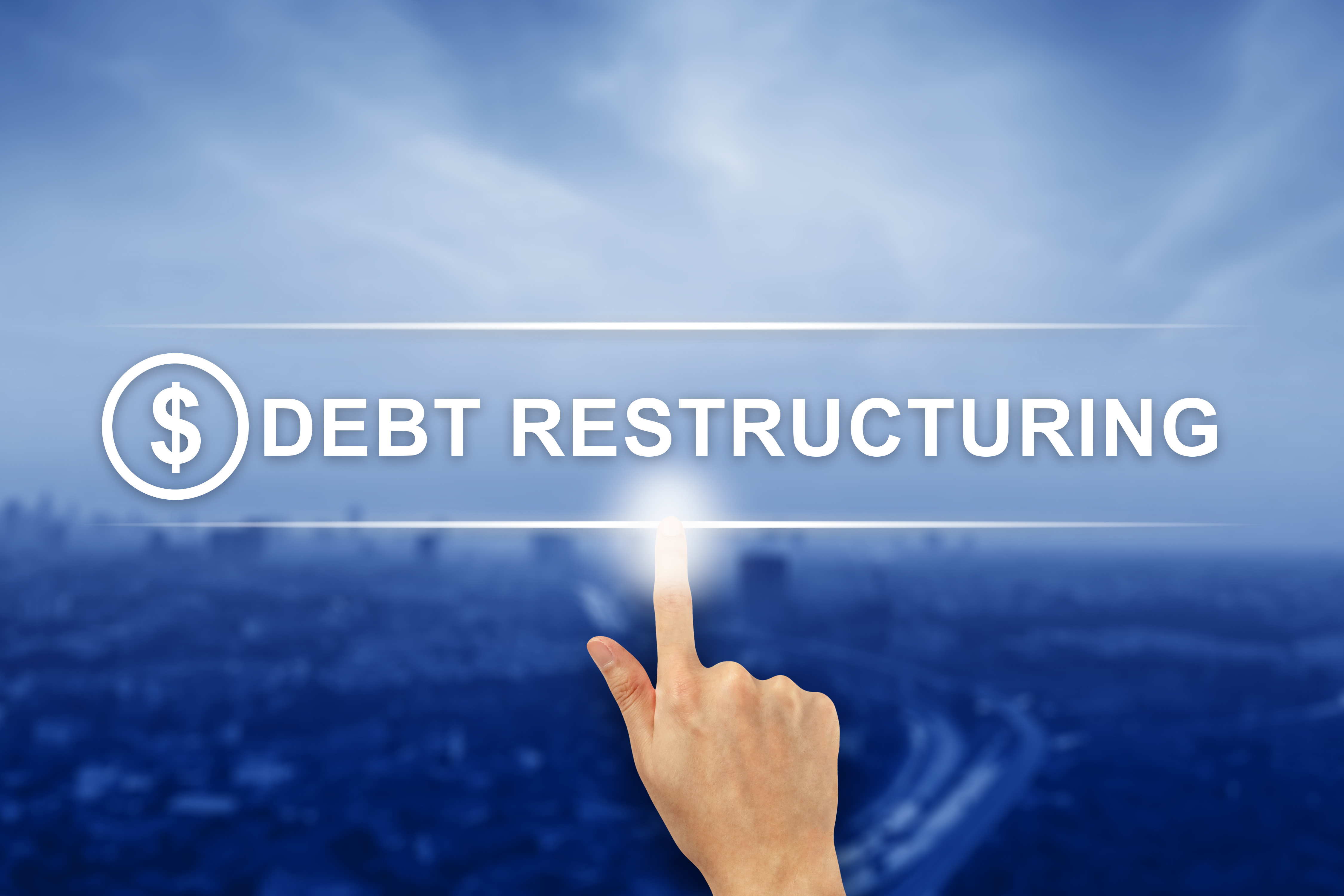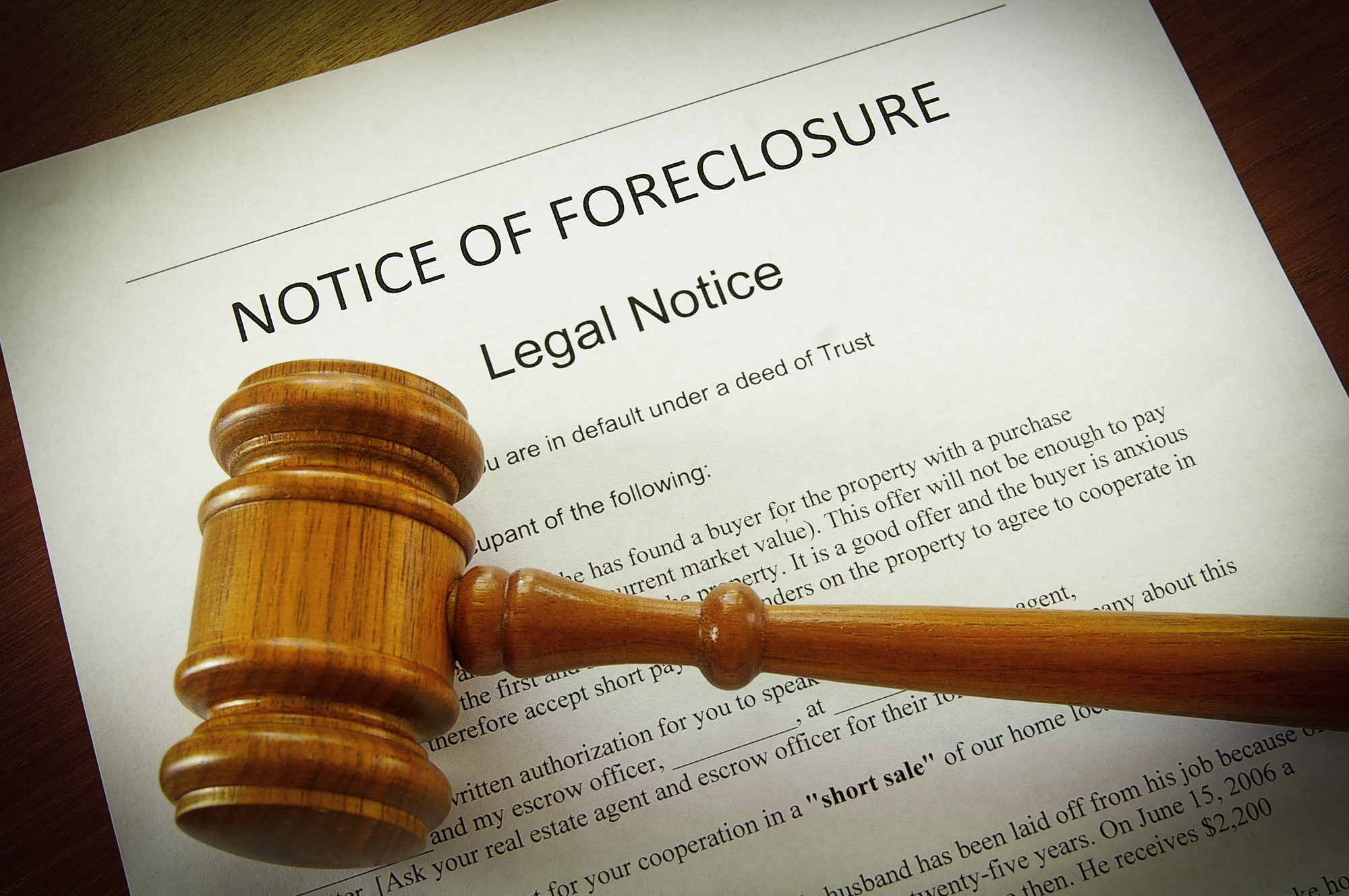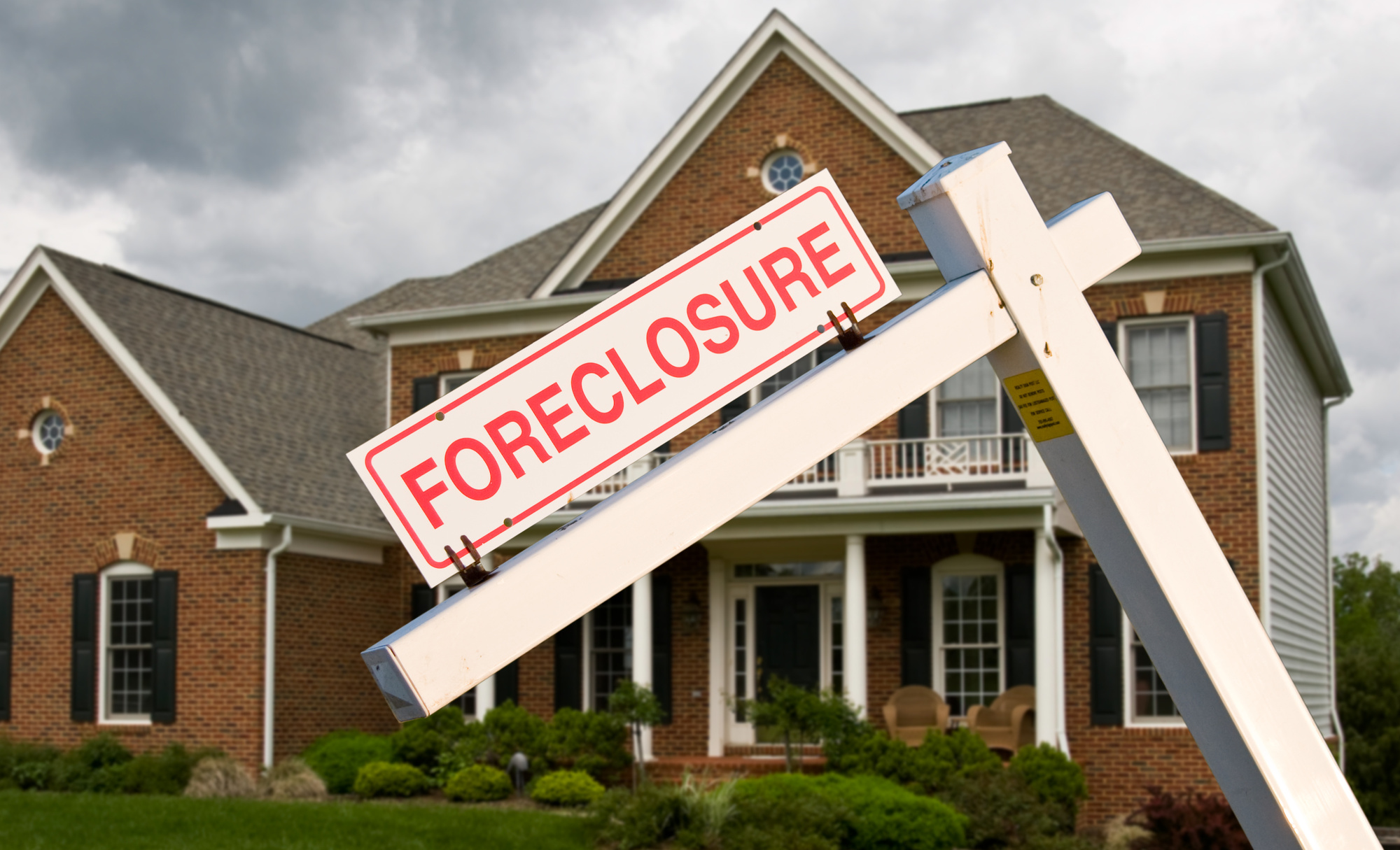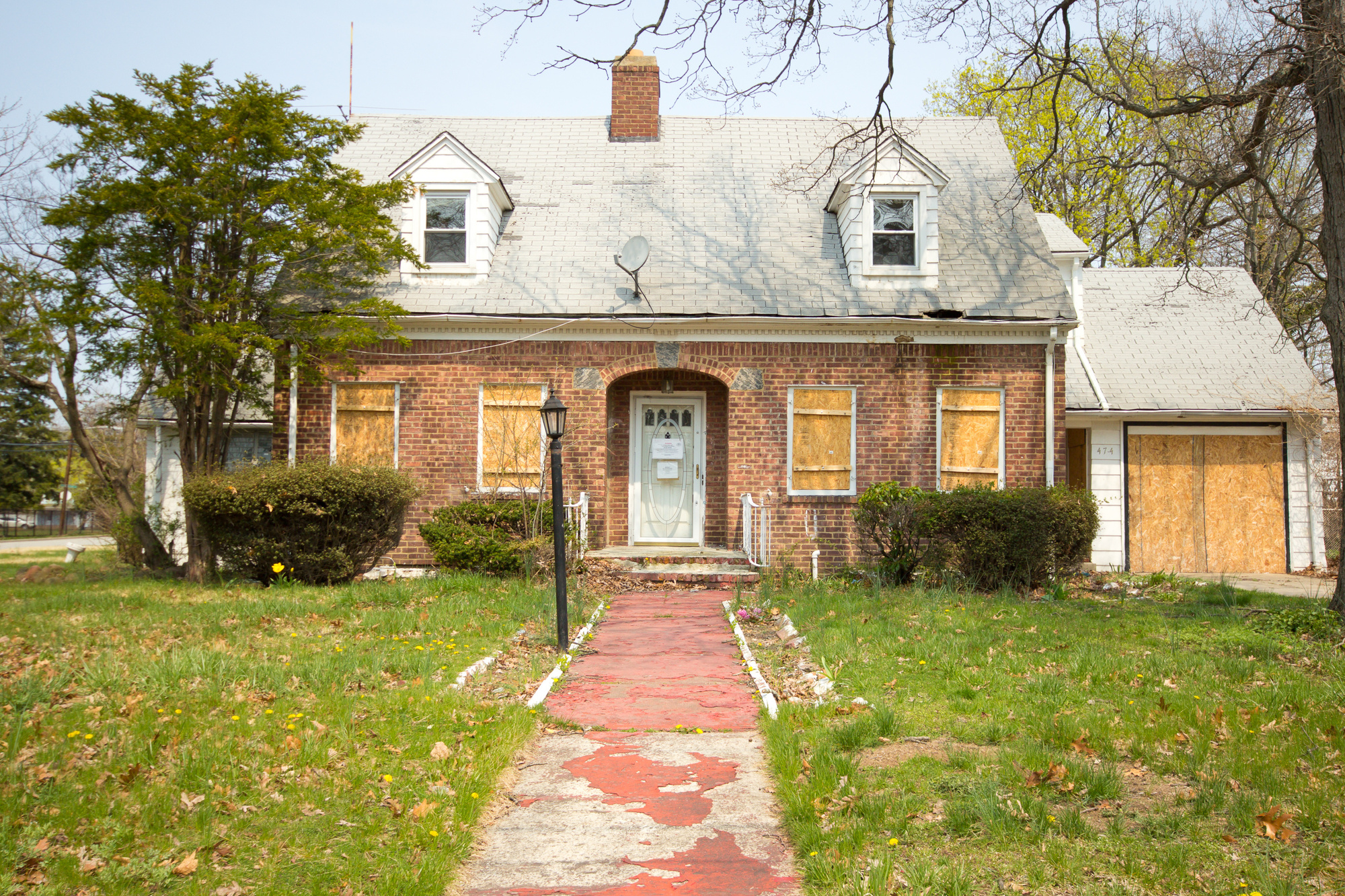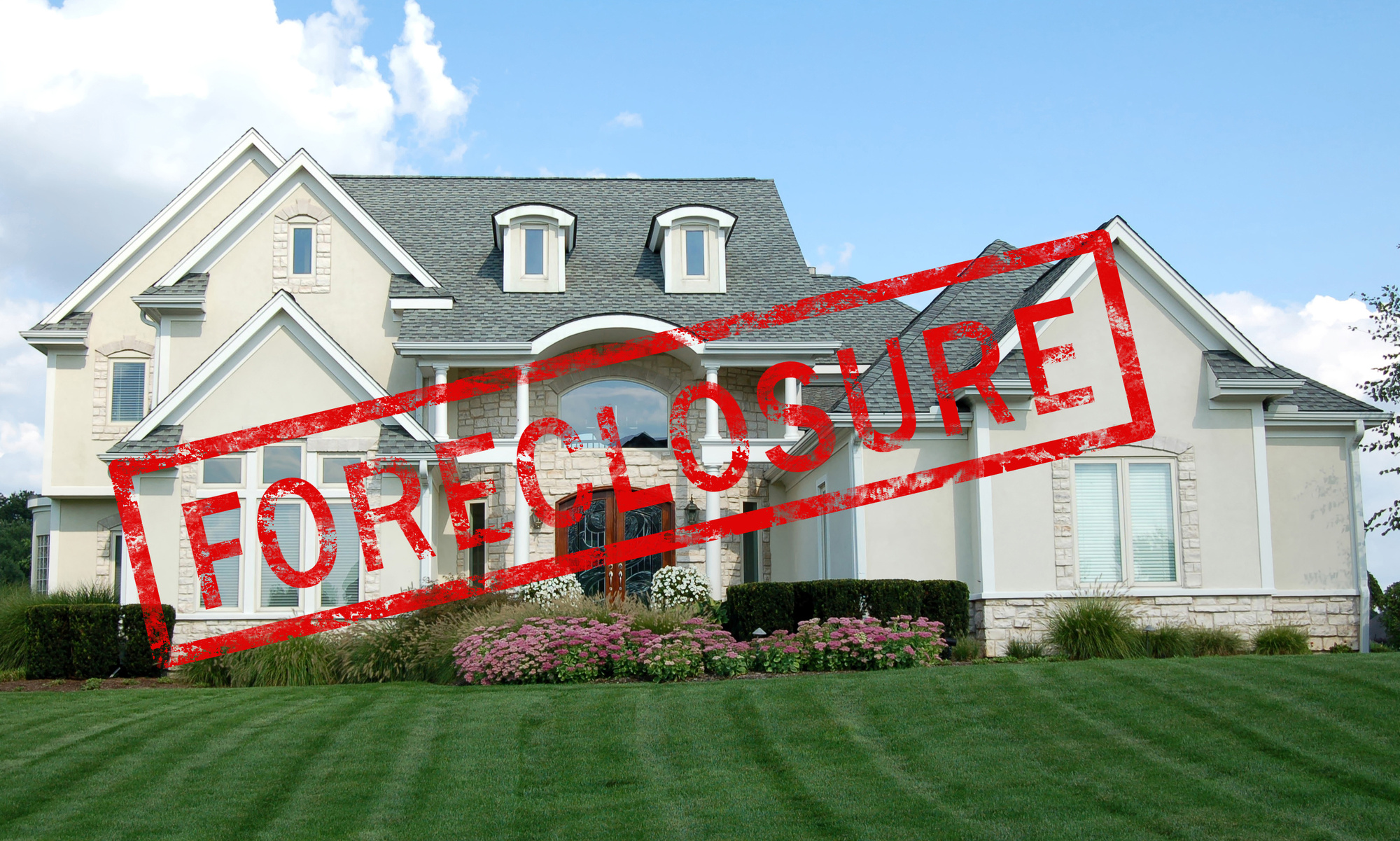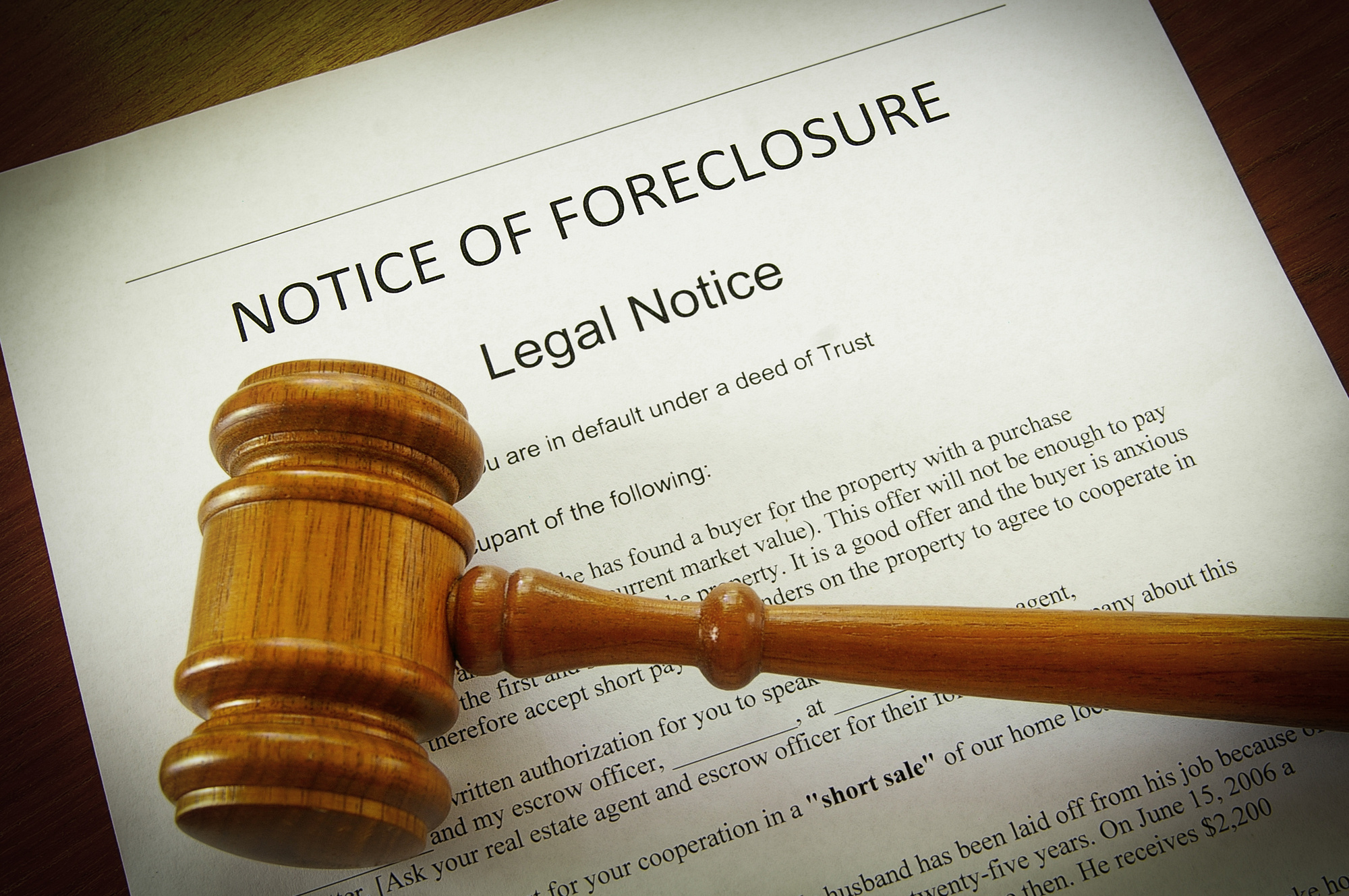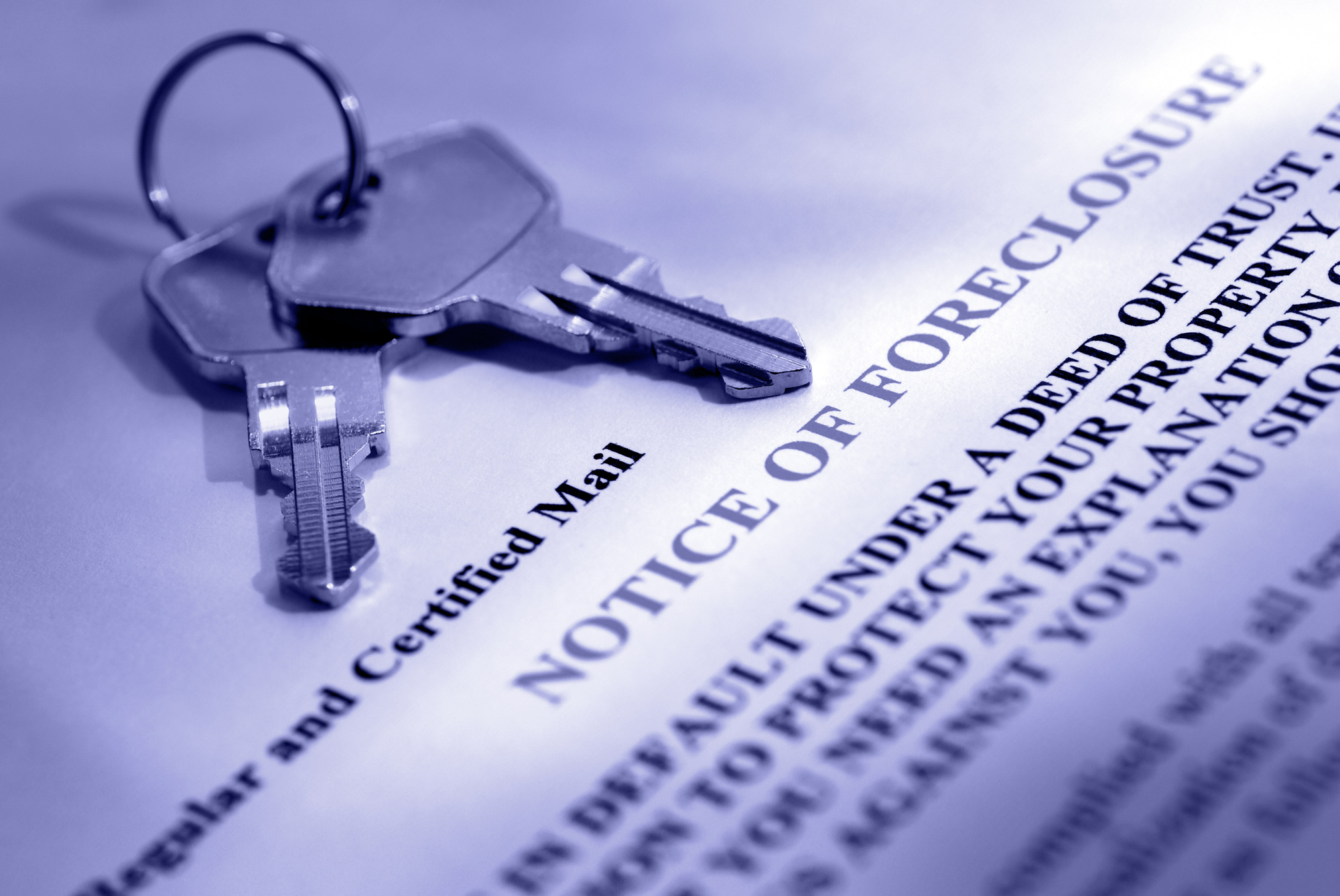A Short Sale Isn’t the End of The Road; Things to Look Forward To
When the housing bubble burst in 2008, it was a very dark period for many Americans with almost ten million losing their homes to foreclosure or short sale. With foreclosures on the increase for the first time in almost five years, it’s becoming a real possibility for many people again, but it isn’t as bad as it may first seem. Explore what happens and what you can look forward to in terms of a short sale in the guide that follows.
Firstly, What is a Short Sale?
A short sale is when you sell your home for less than the mortgage you owe on it. This means that the lender doesn’t get all the money that they are owed. A short sale is permitted in several conditions:
- You are in negative equity, which means that you owe more than the home is currently valued at
- The home’s value has decreased substantially
- The lender has given permission
Your lender writes off the difference between the amount you owe on the property and how much the home is worth.
Things to Look Forward To
-
Your Credit Score Will Recover Quickly
If you keep paying your mortgage until the short sale, then you will be in pretty good standing afterward. Usually, it can take about two years for a lender to accept your application for a mortgage, but some people have bought homes within six months. Your credit score will dip initially, probably by around 150 points, and although that may seem a lot, it’s much less than you would lose with a foreclosure. Think of it as a minor drawback, rather than the end of the world. Plenty of people recover from short sales. A new trend of boomerang buyers (people who lost their homes to short sales between 2007 – 2013) is projected to make up about 17.5% of the housing market.
-
Help Available
Even when you’re down and out, there is help available. The FHA (Federal Housing Administration) has provisions for those who had to make a short sale because they lost their job. There is a Back to Work loan program which can help you reapply for a home loan in only 12 months after selling your home in a short sale, as long as you can prove that you lost 20% of your earnings. There are lenders out there who are sympathetic to those who made short sales and are happy to consider individual cases. Don’t simply give up!
-
Becoming Cash Smart
Most people have never been taught about property law or buying a house. They simply learn as they go. It is built into the American dream that you grow up, get a job, buy a house, start a family. However, at school or college, they don’t teach us the basics of how to deal with these. We tend to learn as you go, and of course, mistakes happen.
If you have to sell your home in a short sale, when it comes to buying again, you will know better what you need to do. Anyone who is buying for the second time is better equipped. They know what to expect and the mountains of paperwork required. They also know what went right or wrong last time. If you have lost your home in a short sale, you will probably qualify for some housing counseling, which is invaluable to teach you what you need to know about buying a house.
Five of the most valuable things you learn when you’ve gone through a short sale are:
- Not to overextend yourself next time around
- Be more careful about what you buy
- Planning to stay in a property for longer, at least five to seven years
- Put a higher down payment on a property, so your monthly payments are more manageable
- Be prepared for unexpected circumstances, such as death, dips in the property market, job loss etc.
-
Avoiding Foreclosure
You’re probably wondering, “How is this something to look forward to?” but talk to anyone who has been through a foreclosure and you’ll understand why. Firstly, foreclosure is painful for all parties involved. A foreclosure stays on your record for ten years and it’s usually at least seven years before you can even consider buying another property.
You won’t be able to borrow money from normal lenders, so it could push you further into money problems. It affects your credit rating massively. Also, even with your home gone, you could be held liable for the money owed to the bank. The bank can obtain a deficiency judgment from the court for the monies owed, and you will then need to pay this also. Avoiding foreclosure could be the best thing that you do for your credit.
-
Going Mortgage-Free
When your short sale goes through, it gives you the opportunity to move to a new area, to try out somewhere you may have thought about or to move near a good school for your kids. When renting you don’t have the same responsibilities as a homeowner and after being through a stressful year or two with money, this can be really refreshing. Although you’ll still have a monthly payment, it’s not as stressful as a mortgage. You aren’t locked into this loan and you have much more flexibility. If you want to move in less than a year, you can. People get caught up in the idea of owning a home, but after you have got rid of one mortgage, you may find that renting is a dream for you.
Peace of Mind
If you weigh it up, selling your home in a short sale could open the door to a different life to the one you have now. You’ll feel so much relief from being free of the shackles of a mortgage that you may never go back to having one. However, if you do want one, then you’ll be eligible for one far faster than if you go through a foreclosure. So, try not to think of a short sale as the end of the road, merely a fork that leads you onto a new road of your choice, full of possibility.


